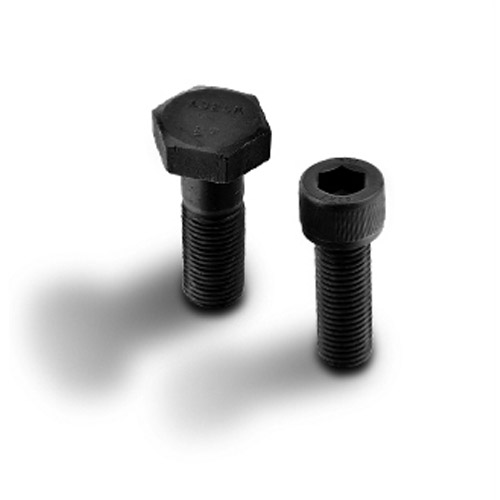

stud bolt 8.8
Oct . 16, 2024 15:50 Back to list
stud bolt 8.8
Understanding Stud Bolt 8.8 A Crucial Component in Engineering
When it comes to structural integrity and mechanical stability, fasteners play a vital role in various engineering applications. Among these fasteners, the stud bolt, particularly the 8.8 grade, stands out due to its unique properties and applications in critical environments.
Understanding Stud Bolt 8
.8 A Crucial Component in EngineeringStud bolts made from grade 8.8 steel are often employed in high-stress environments, such as in the construction of pipelines, pressure vessels, and heavy machinery. Their ability to withstand substantial loads makes them ideal for critical applications where safety and reliability are paramount. For instance, in the oil and gas industry, where pipelines must endure various stressors—including temperature fluctuations and corrosive environments—grade 8.8 stud bolts provide the necessary strength and durability to maintain structural integrity.
stud bolt 8.8

Moreover, the versatility of stud bolts allows for a range of sizes and lengths, making them suitable for various applications. They can be used in flanged connections, anchor bolts, and even in assembly lines, demonstrating their adaptability across different sectors.
It is crucial to ensure proper installation and maintenance of stud bolts to maximize their performance. Factors such as corrosion, fatigue, and improper torque can significantly affect the longevity and effectiveness of these fasteners. Regular inspections and adherence to installation guidelines are essential to prevent premature failure.
In conclusion, stud bolts, particularly those classified as grade 8.8, are indispensable in the realm of engineering and construction. Their robust mechanical properties make them a popular choice for critical applications, ensuring safety and reliability in demanding environments. Understanding their characteristics and proper usage will enhance the overall efficiency and performance of engineering projects.
Latest news
-
Hot Dip Galvanized Bolts-About LongZe|High Strength, Corrosion Resistance
NewsJul.30,2025
-
High-Strength Hot Dip Galvanized Bolts - Hebei Longze | Corrosion Resistance, Customization
NewsJul.30,2025
-
Hot Dip Galvanized Bolts-Hebei Longze|Corrosion Resistance&High Strength
NewsJul.30,2025
-
High-Strength Hot-Dip Galvanized Bolts-Hebei Longze|Corrosion Resistance&High Strength
NewsJul.30,2025
-
Hot Dip Galvanized Bolts-Hebei Longze|Corrosion Resistance&High Strength
NewsJul.30,2025
-
Hot Dip Galvanized Bolts - Hebei Longze | Corrosion Resistance, High Strength
NewsJul.30,2025

